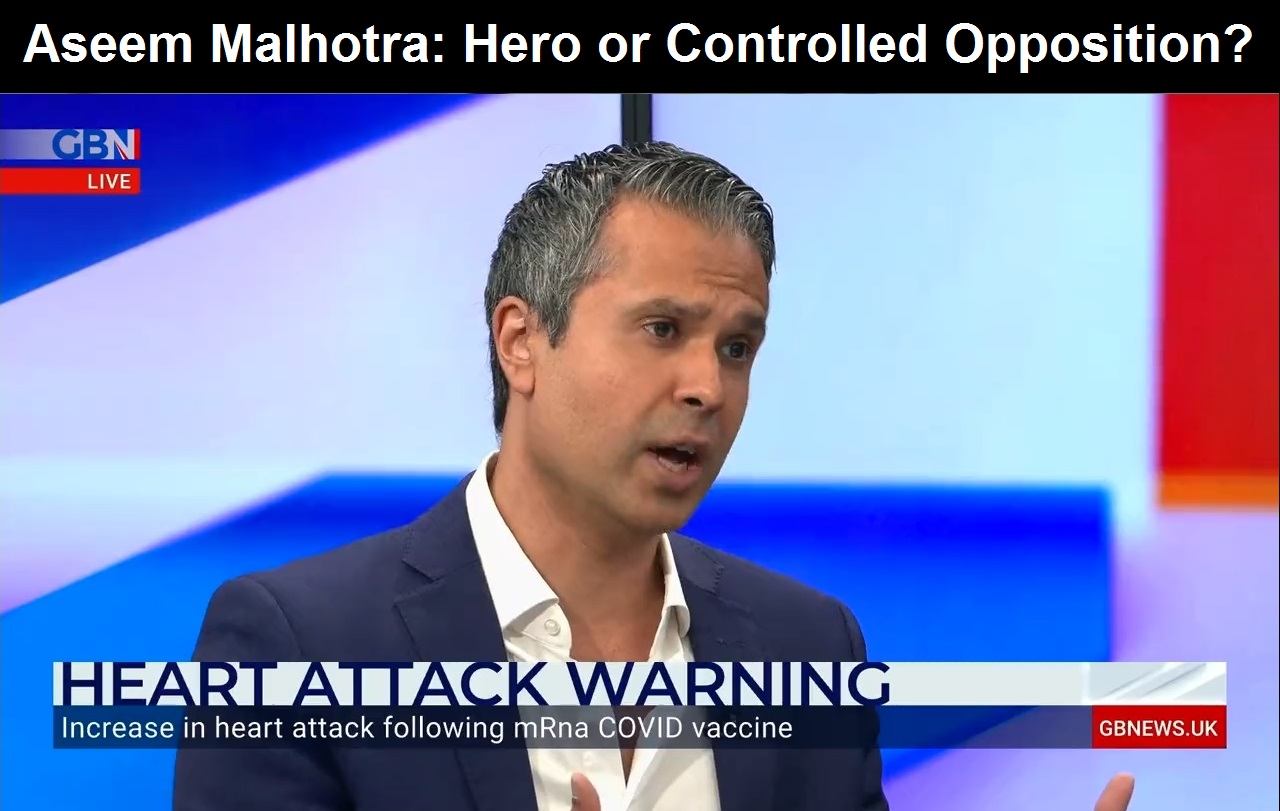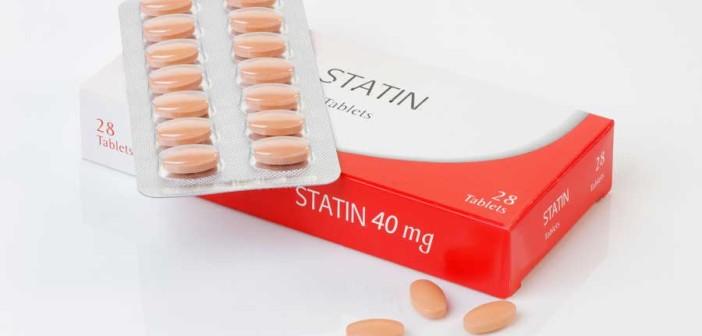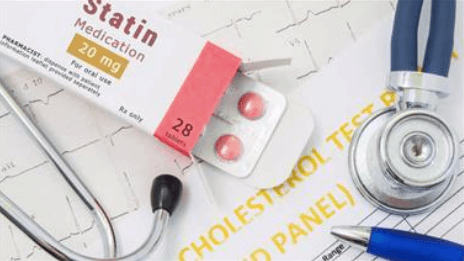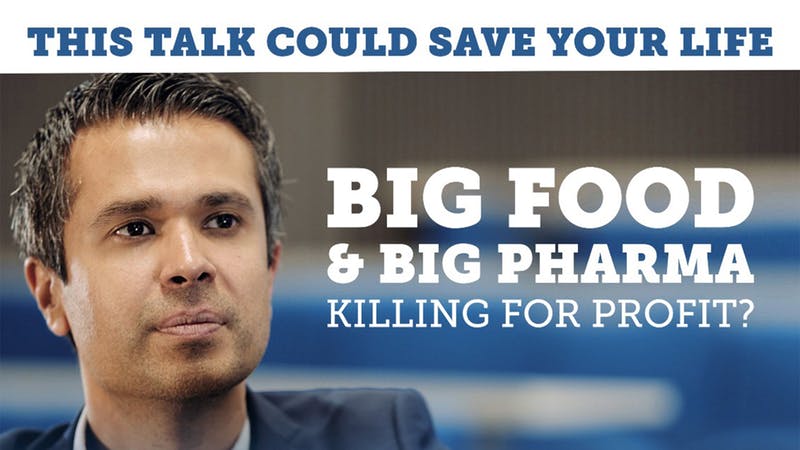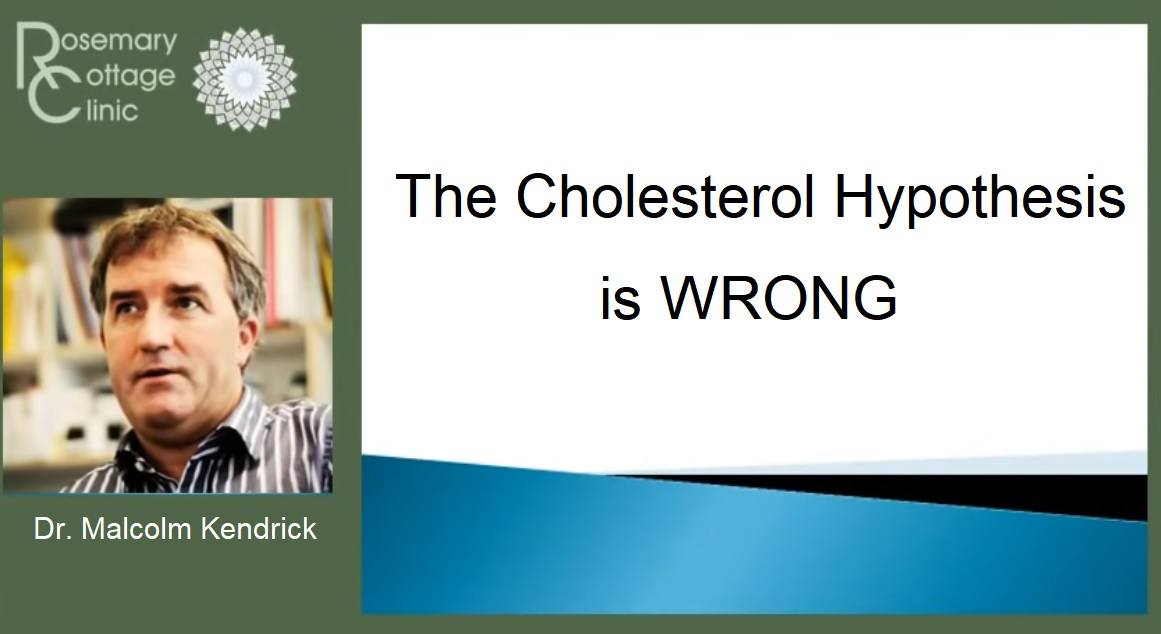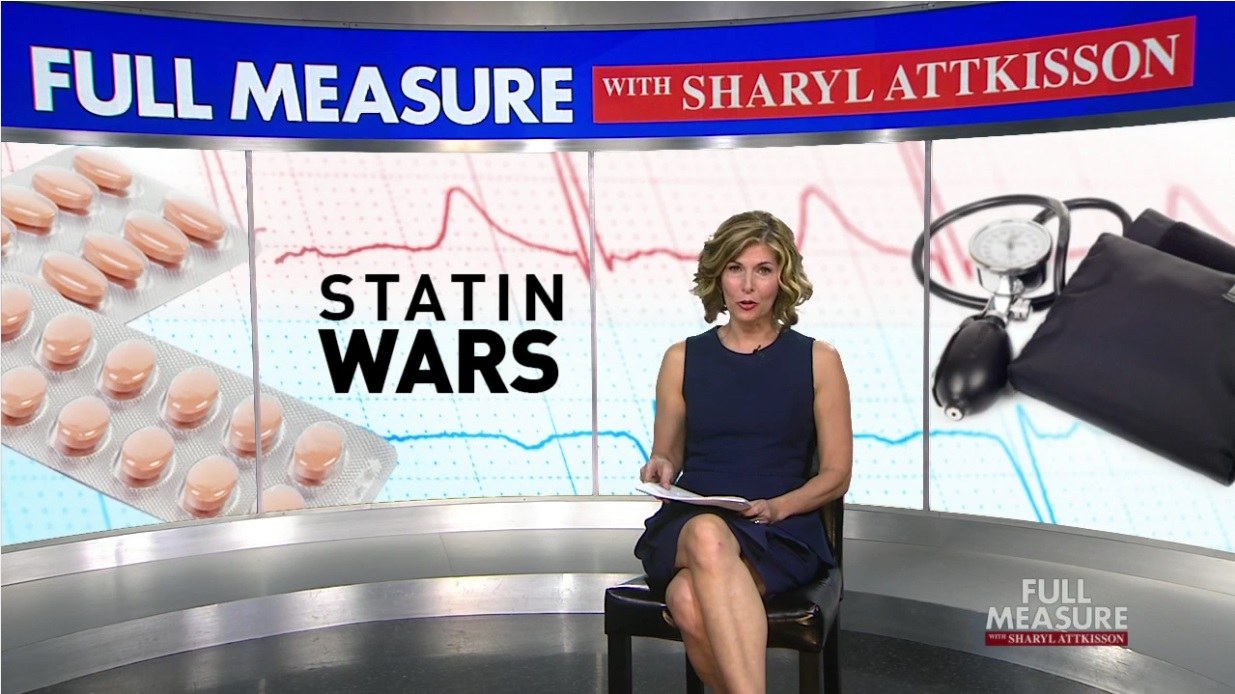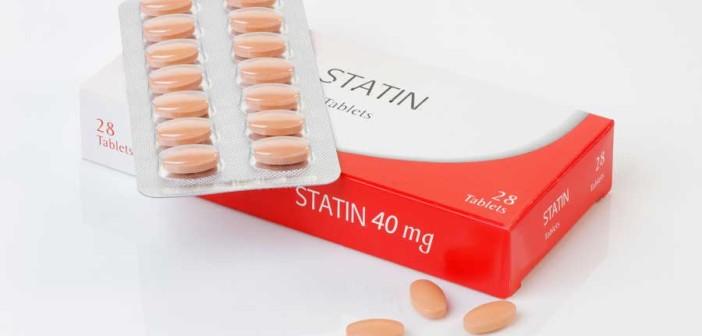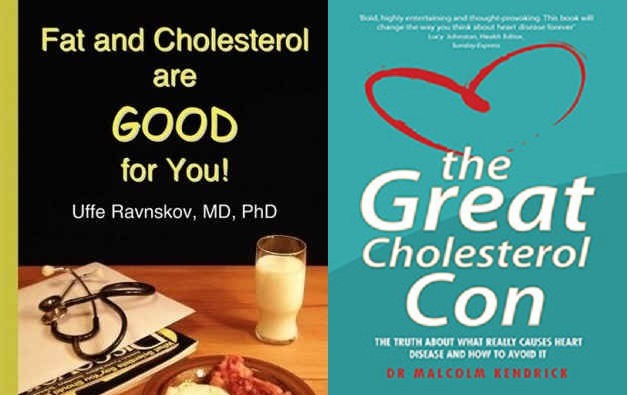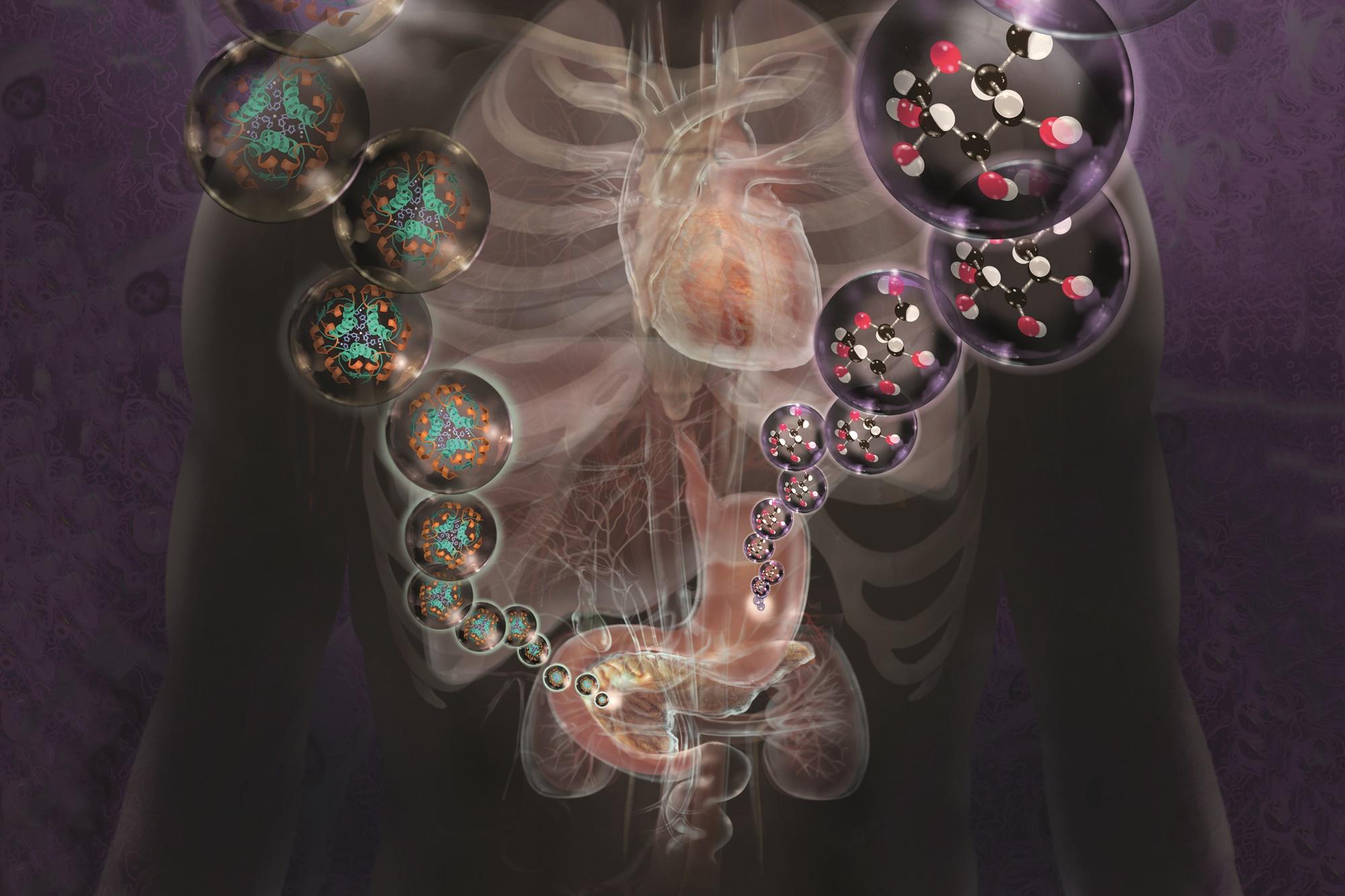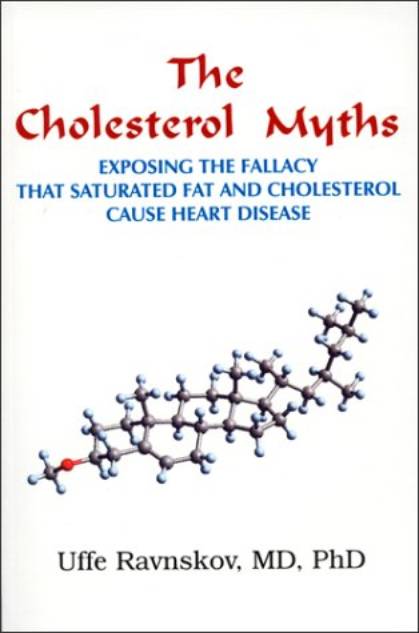Dr. Aseem Malhotra on the BBC: Hero or Controlled Opposition?
British Cardiologist Dr. Aseem Malhotra is making headlines in the Alternative Media for his appearance on the BBC this weekend. The Alternative Media are hailing this as a "breakthrough," claiming that the BBC "made a mistake" by allowing Malhotra to speak freely on his concerns about the mRNA COVID shots' link to cardiovascular deaths, and Malhotra's tweet seems to support that claim. Why did the BBC invite him to come on the air and do this interview this past weekend, when in the past Malhotra was accused as being a heretic in the corporate media because of his views against cholesterol-lowering statin drugs? They specifically invited him to come on the air to discuss the NHS's new guidelines that people could be prescribed daily cholesterol-lowering statin drugs to cut their risk for sudden heart attacks and strokes. Did they know that Dr. Malhotra's position on statin drugs was that he was primarily against them? Of course they did! That is exactly why he was invited on to their show, to convince people that statin drugs were not the right drug to use to treat all of these increases in sudden heart attacks and strokes. Like ivermectin and hydroxychloroquine, the former block buster statin drugs all now have patents that have expired, and they are available as cheap generics. So since statin drugs are so cheap now, Big Pharma wants to develop new drugs to treat the sudden rise in heart disease. We know for example that Moderna is working on an mRNA cancer vaccine, and have even partnered with Merck, the company that has the only cancer vaccine currently on the market, the deadly HPV Gardasil vaccine that has destroyed the lives of so many child-bearing aged young women. And as to Dr. Malhotra's comments on the mRNA COVID shots, do you really believe his views on this were not known to the BBC before they invited him on to their show? Malhotra went public in his opposition to the mRNA COVID shots last year, and in September of last year, 2022, he published a peer-reviewed paper calling for "an Immediate and Complete Suspension of Covid-19 Vaccines." Is it realistic to think that the BBC somehow missed this??




